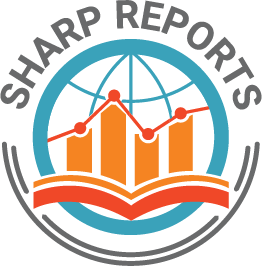The new plant will effectively increase the firm’s total capacity to 3.4 million metric tons per year.
Renowned cement-manufacturer, Cemex Holdings Philippines Inc.’s wholly-owned subsidiary Solid Cement Corp. has recently secured approval from the Philippines Board of Investments (BOI) for a 1.5-million metric ton (MT) new cement production plant in Antipolo City.
As per sources, Solid Cement, Cemex Holding’s cement unit that manufactures products which carry the Rizal and Island cement brands, through this expansion plan will enhance the Antipolo plant’s total capacity to 3.4 million metric tons per year.
Furthermore, the unit’s 1.5-million MT cement production line will attain non-pioneer incentives, like four-year income tax holiday, for the time being until the project delivers proof of using new technology, cite sources.
For the record, in the Philippines, a preferred area of investments is classified as ‘pioneer’ if the project activity involves manufacturing or processing, and not for just assembly or packaging of raw materials or goods that are not produced in the Philippines on a commercial scale. The pioneer status is also granted if the project uses a formula, design, scheme, method, process or system of transformation or production of any element or raw material or finished good which is new and untried.
As per reliable reports, pioneering companies in the country are offered six-year income tax holiday while non-pioneering companies are granted four years of income tax holiday. To lengthen this duration from four years to six years the Cemex unit will have to prove its use of new technology, claim reports.
Reportedly, in November 2018, Solid Cement secured a $75-million revolving credit facility from Cemex Asia B.V, which as per sources will partly be used to construct and install the new production line in Antipolo City.
According to BusinessWorld, the new production line is expected to increase Cemex Holdings Philippines’s cement capacity by 26% in the country while the operations are scheduled to commence by the fourth quarter of 2020.

